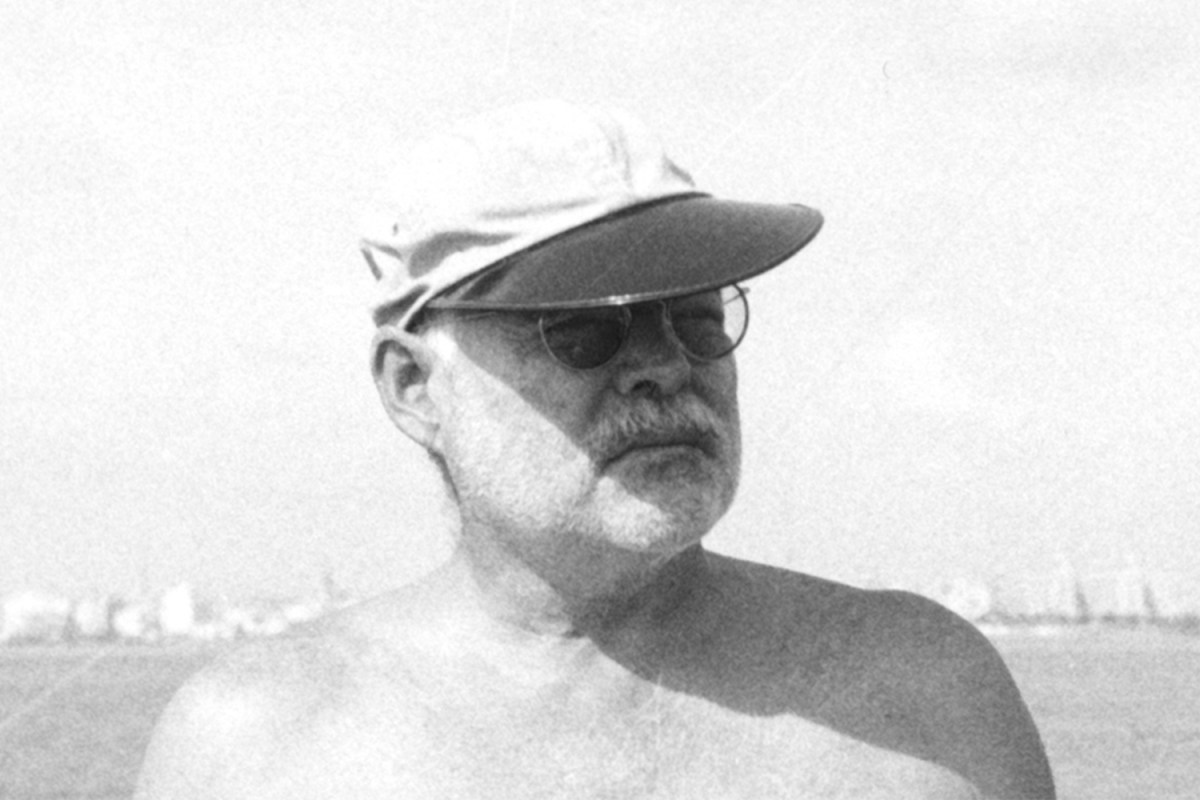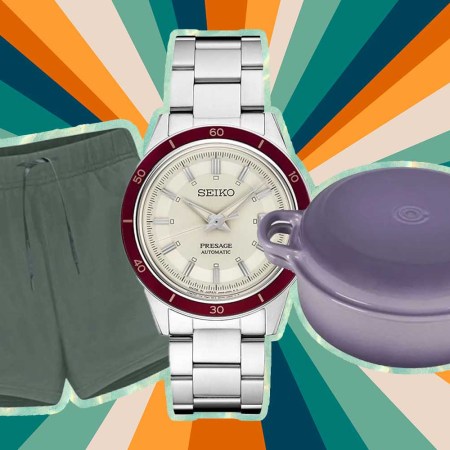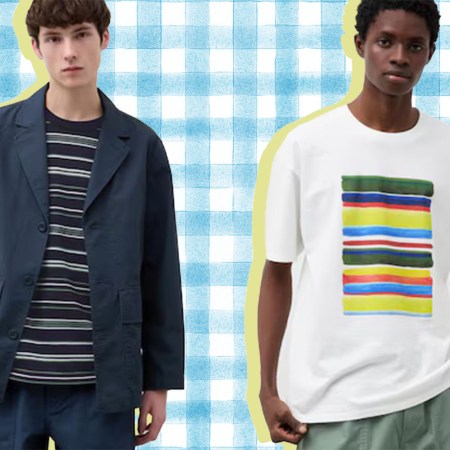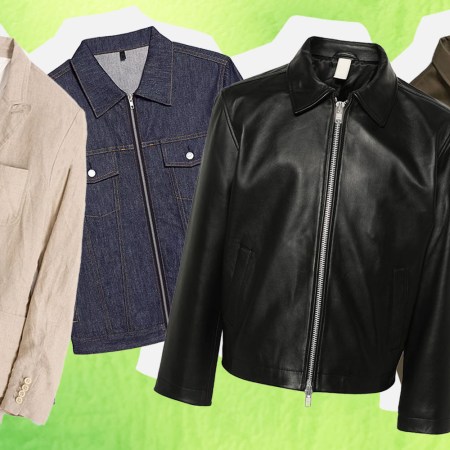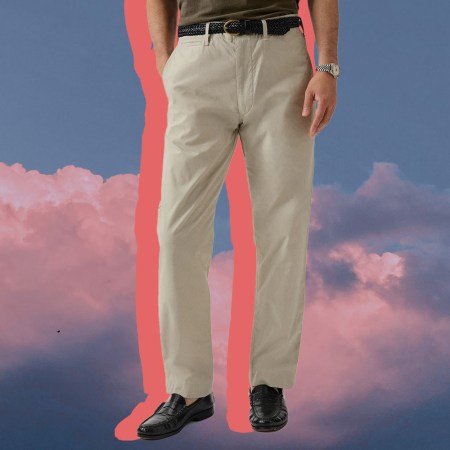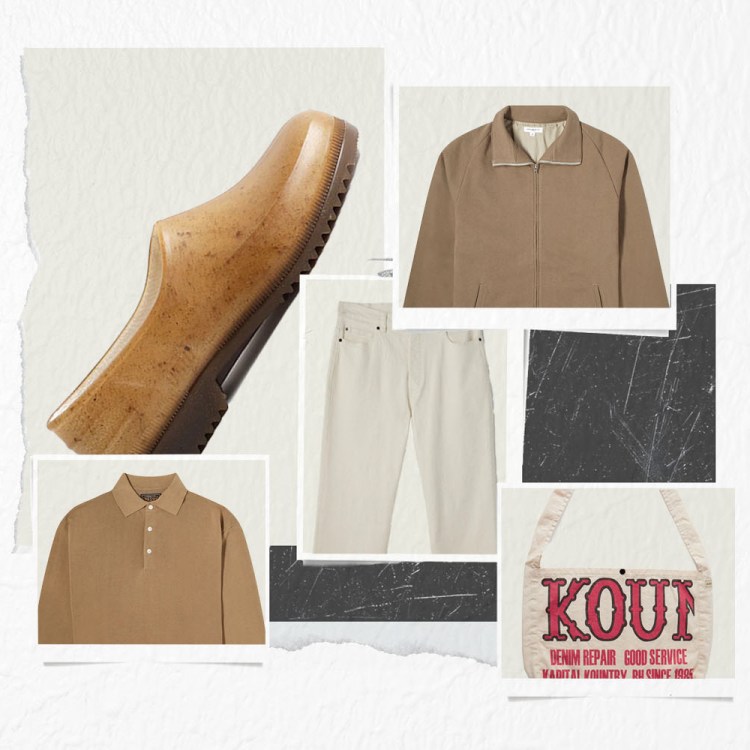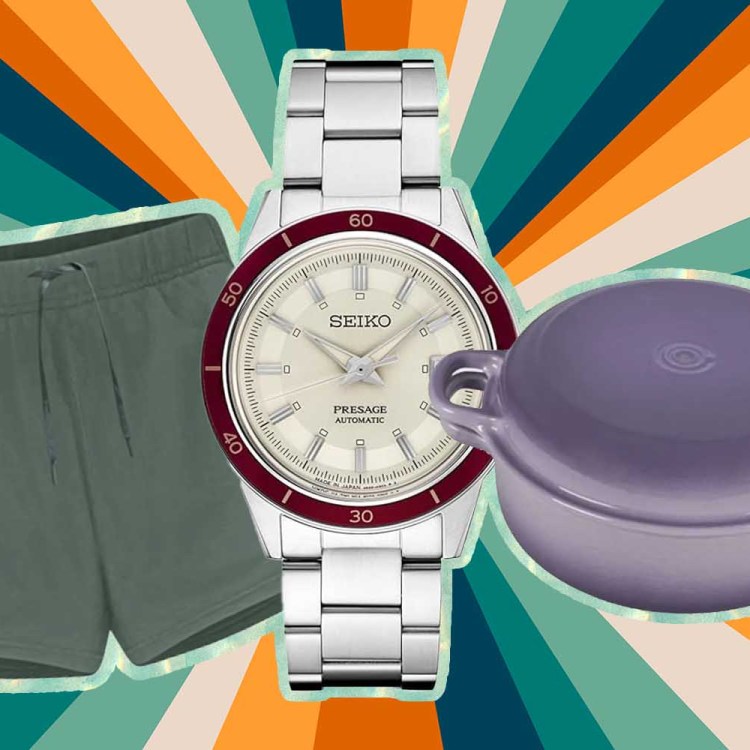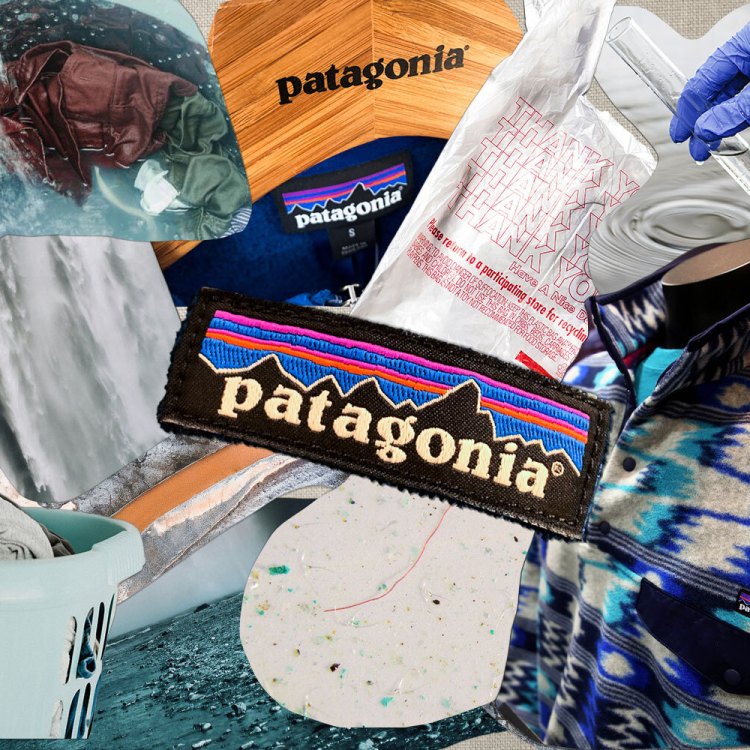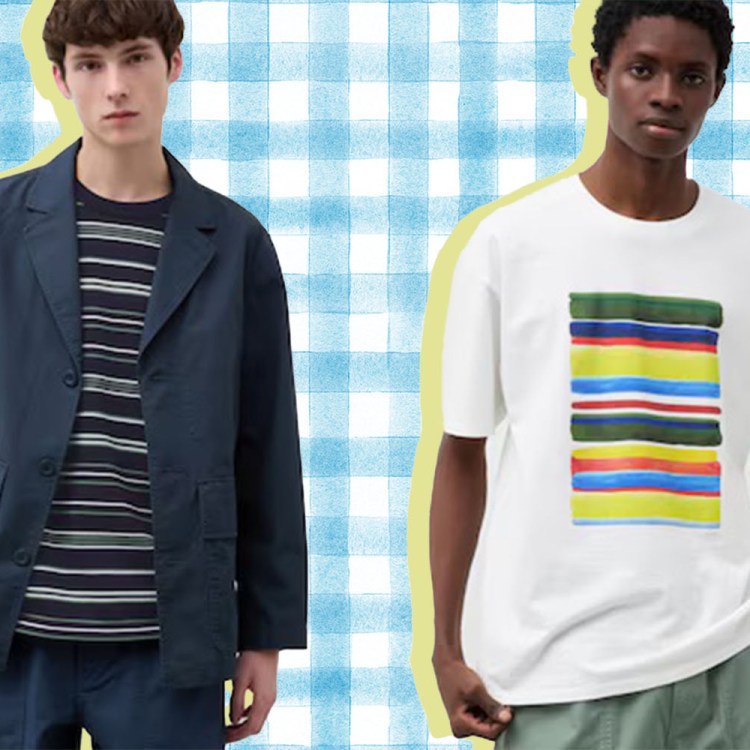Nota bene: If you buy through the links in this article, we may earn a small share of the profits.
What do Ernest Hemingway and Jackie Kennedy have in common?
Certainly, they’re two of America’s foremost cultural icons. They’re the kinds of idealized figures that have been celebrated, written about, documented and used as inspiration to the point that the well seems to have run dry. A person can only read Hemingway’s bull-fighting eulogizing so many times, and the same goes for musings on Jackie O’s style. That’s why today, we’re happy to inform you that there is at least one aspective of these inimitable figures you’ve probably missed.
Ernest and Jackie were both fans of the Oysterman, a distinctive fishing hat made by Quaker Marine Supply. Never heard of it? The seafaring brand was founded in 1949 by U.S. Coast Guard veteran Joseph Kadison, and during its 60-plus year run it became a go-to outfitter for weather-worn sailors and sea-loving celebrities alike. Apart from Hemingway and Kennedy, everyone from Maine poet Philip Booth to fly-fishing master Art Lee to John Wayne were known for donning the Oysterman when heading out on the water (or just around town).
The Oysterman — with its long, patent-leather bill for shade and water repellency — and the rest of Quaker Marine’s offerings were a well-kept secret among serious sailors. But in 2011, during the Great Recession, it almost became a permanent secret when the company closed shop. Then, Kevin McLaughlin came to the rescue.
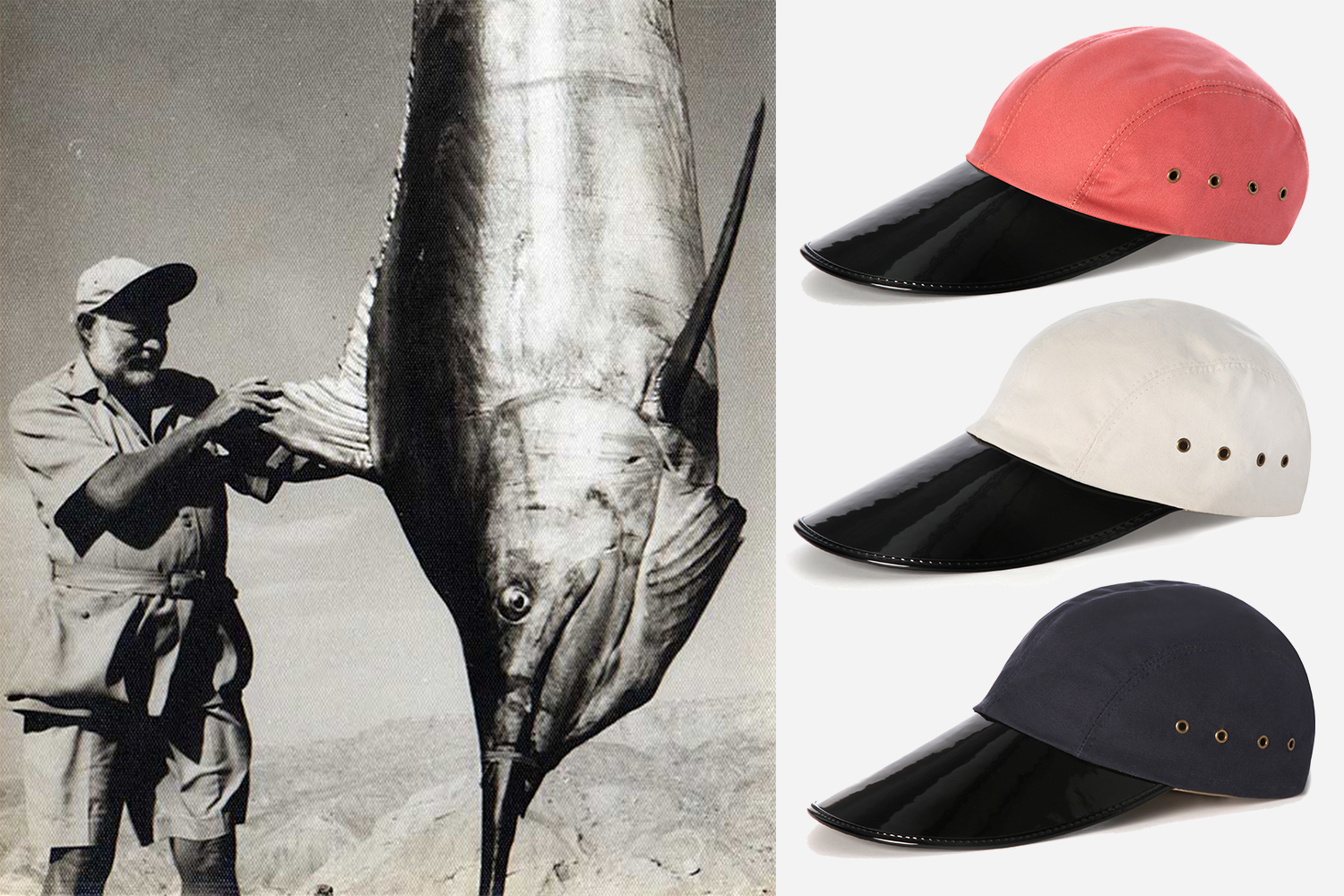
You know McLaughlin as a founder of new American sporstwear brand J. McLaughlin. Having previously met Kadison and experienced QMS goods in the wild, he saw the demise of the brand as unacceptable. In a world of brands capitalizing on the “heritage” trend while offering sub-par goods, here was a company that actually lived up to the term that was in dire straits. In order to save the company, he decided to acquire it himself.
We got in touch with McLaughlin to ask about the relaunch of the brand, how he’s taking it in a new direction, how he’s keeping it the same and why, exactly, so many people we all love had a deep love of the Oysterman cap.
What was your first experience with Quaker Marine Supply?
Kevin McLaughlin: I met the founder, Joe Kadison, at a trade show back in the ’70s. I thought the hats were terrific, so I bought some for my first clothing shop, Sea Island, which was on 3rd Avenue and 74th Street in New York City.
What made you decide to acquire the brand?
McLaughlin: I was reintroduced to Joe years later at the company’s headquarters in Philadelphia by a mutual friend Max Raab. I kept in touch with him from that point on, and was always impressed by his enthusiasm and passion for the product and the nautical lifestyle. The name had a great ring to it and covered a little niche that has always appealed to me. In 2003, he ended up selling the company to a former L.L. Bean merchandiser named Ned Kitchel. I had also expressed some interest in buying it, so when a factory fire in the midst of the recession put Ned out of business, he called me about selling the company.
What’s special about the Oysterman? Why was it favored by people like Hemingway?
McLaughlin: It was one of the first pieces of true functional sportswear. Its functionality and utility appealed to everyone from nautical aficionados to serious fisherman. The actual design of the cap is quite thoughtful. It has a low crown so it won’t blow off, and the long patent-leather bill offers sun protection while repelling water so it doesn’t run down your face. Initially, it was all about function, but it became an iconic style piece as simple and thoughtfully designed garments often do.
How are you keeping QMS the same as before, and how are you changing it?
McLaughlin: We want to honor the history of the brand and stay true to the original fabrication of the iconic pieces. We still make the Oysterman, the Swordfish and the other legacy caps in the U.S. at the original factory. But we also want to evolve the brand and introduce new products that follow both the functionality and style the brand was founded on. More than anything, we try to create products for people who have a love and appreciation for the water.
Want a look at Quaker Marine Supply’s non-cranial gear? Head over to their website to get a look at their new English wool jackets, recycled sailcloth bags and more.
We've put in the work researching, reviewing and rounding up all the shirts, jackets, shoes and accessories you'll need this season, whether it's for yourself or for gifting purposes. Sign up here for weekly style inspo direct to your inbox.
